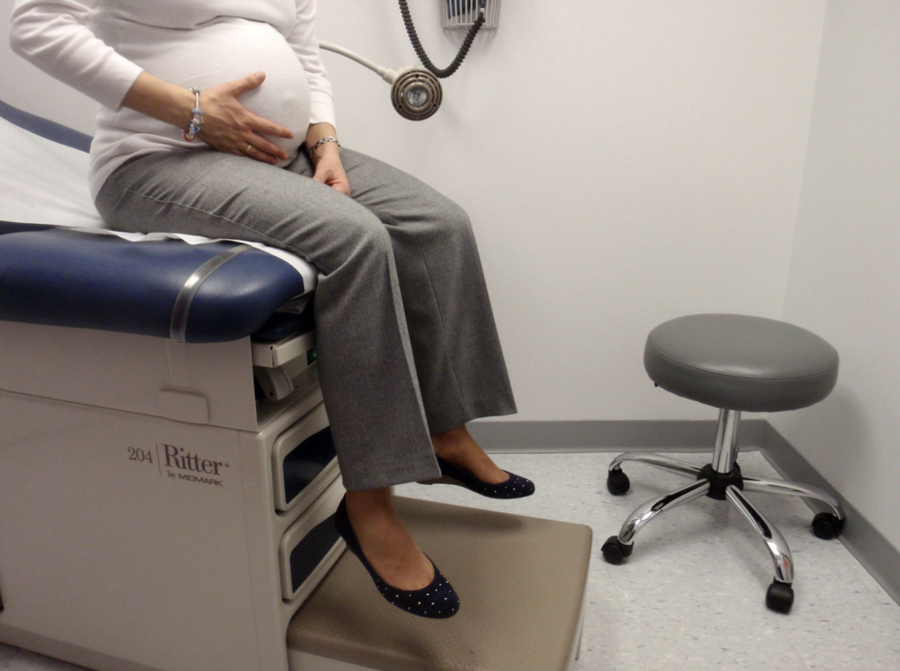Healthcare for the transgender community has historically been subjected to discrimination, uncertainty and limited access to resources. These obstacles are particularly pressing when it comes to the unique obstetric and gynecologic needs of transgender patients.
To address these concerns, the American College of Obstetricians and Gynecologists has produced recommendations on care, support, education and awareness for Ob-Gyn specialists and their transgender patients.
These recommendations, published in the March issue of Obstetrics & Gynecology, were proposed by ACOG’s Committee on Gynecologic Practice, as well as the Committee on Health Care for Underserved Women. The joint committee was led by Dr. Beth Cronin of Brown University and Dr. Colleen Stockdale of the University of Iowa.
The committee stated that “lack of awareness, knowledge, and sensitivity, as well as bias from health care professionals leads to inadequate access to, underuse of, and inequities within the health care system for transgender patients.”
Central to these recommendations is a recognition of the broad roles of Ob-Gyn physicians and support staff. These professionals specialize in female reproductive health, provide care during and after pregnancy, address cancers unique to women and treat unique hormonal disorders. The specialty has an emphasis on primary care and prevention but also performs unique surgical procedures.
“One of the most incredible things about being an Ob-Gyn is that this field is a hybrid of primary care and surgical practice,” said K. Ashley Brandt, an Ob-Gyn physician and plastic surgeon at Reading Hospital in West Reading, Pennsylvania.
Brandt recognized that Ob-Gyn physicians are in a unique position to advocate for transgender health. In order to do so, Brandt said she believes it is crucial her colleagues receive validated guidance and resources they can incorporate into their practice.
“Many of my colleagues are starting to see an increase in transgender and gender-nonconforming individuals and do not know where to access resources or information on basic care needs,” Brandt said. “I think ACOG issuing this guidance is a great first step in providing an overview for the Ob-Gyn who otherwise has had formal training in transgender medicine.”
ACOG’s recommendations aim to not only update care for transgender patients but also aspire to change how the culture medicine traditionally engages with the transgender community. This includes creating supportive clinic spaces and educating staff to avoid assumptions about sex and gender.
Other efforts include adapting patient forms to reflect a full range of options for sensitive questions, as well as using electronic medical records that track patients with names other than legal names, such as patient’s preferred gender-affirming names.
Dr. Nancy Sokkary, a specialist in pediatric and adolescent gynecology, shared Brandt’s sentiments and reflected on the importance of expanding these recommendations to different age groups within the transgender community.
“[ACOG’s] document did not include specific guidance for transgender and gender-diverse adolescents, and there are many factors and recommendations that are unique to this population,” Sokkary said.
Furthermore, Sokkary emphasized the lack of data on screening recommendations for transitioning patients, limited studies on the long-term effects of hormone therapy and surgical interventions, as well as insufficient research on cancer risk among transgender individuals.
“We still lack robust data, … and until we have more evidence-based recommendations, providers should follow screening outlined in [these recommendations],” Sokkary added.
Moving forward, Brandt and Sokkary both said they are supportive of the ACOG recommendations and both believe they are an important first step in overcoming the barriers of care present with transgender and gender non-conforming patients.
RELATED: Arizona switches to hybrid age-based coronavirus vaccination distribution model
“These recommendations are consistent with literature that has been published over the last several years,” Sokkary said. “It is certainly important for Ob-Gyns to have a document unequivocally supporting hysterectomies and bilateral salpingo-oophorectomy as medically necessary for transgender patients that desire these procedures for their transition.”
Brandt encouraged her colleagues to use these recommendations as a foundation to further understand the basic care needs for gender-nonconforming individuals.
“I strongly encourage Ob-Gyns who wish to truly incorporate gender-affirming care as part of their routine clinical practice to participate in continuing education, read the World Professional Association for Transgender Health Standards of Care among many of the resources provided in the committee opinion, and attend conferences that are specific to transgender health and medicine,” Brandt said.
Follow Andres Diaz on Twitter









